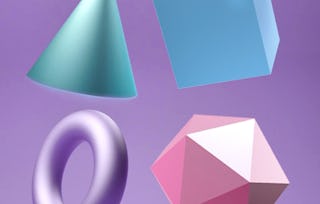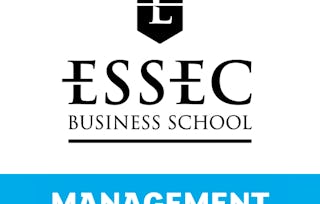Student diversity is becoming the rule rather than the exception in education systems across the world. Students bring to classroom different characteristics such as ability and disability, socio-economic background, race, ethnicity, and cultural background, beliefs and religion, and gender characteristics. The United Nations’ Sustainable Development Goal 4 aims to ensure inclusive and equitable quality education and promote lifelong learning opportunities for all (United Nations, 2015).

Ends soon: Gain next-level skills with Coursera Plus for $199 (regularly $399). Save now.

(387 reviews)
Recommended experience
Skills you'll gain
Details to know

Add to your LinkedIn profile
See how employees at top companies are mastering in-demand skills

There are 4 modules in this course
This week focuses on Conceptualising Diversity and Difference in education.
What's included
6 videos7 readings2 assignments5 discussion prompts1 plugin
This week focuses on Inclusion in Education and different ways of responding to student diversity.
What's included
8 videos8 readings2 assignments1 peer review4 discussion prompts
This week introduces different approaches to analyse educational contexts and educational responses: the medical, and social models, and the biopsychosocial approach. It also focuses on student voice and student experiences of inclusion and exclusion in education.
What's included
5 videos12 readings2 assignments1 peer review2 discussion prompts
This week focuses on different responses to student diversity and their role in developing inclusive education: inclusive educators, individualised planning, differentiation, Inclusive Pedagogies, Universal Design for Learning. It also provides a short introduction to the challenges and resources to teaching different groups of students.
What's included
7 videos8 readings2 assignments1 peer review3 discussion prompts
Instructors

Offered by
Explore more from Education
 Status: Preview
Status: PreviewUniversity of Illinois Urbana-Champaign
 Status: Free Trial
Status: Free TrialUniversity of Western Australia
 Status: Free Trial
Status: Free TrialIE Business School
 Status: Preview
Status: PreviewESSEC Business School
Why people choose Coursera for their career




Learner reviews
387 reviews
- 5 stars
85.27%
- 4 stars
11.36%
- 3 stars
2.58%
- 2 stars
0.51%
- 1 star
0.25%
Showing 3 of 387
Reviewed on Jun 21, 2022
super informative ... It is exactly what i was looking for.
Reviewed on Feb 19, 2024
I have gained knowledge from this course that will truly help me provide inclusive and quality education to my students.
Reviewed on Feb 16, 2024
Interesting- the information taught in this course is needed in all American schools

Open new doors with Coursera Plus
Unlimited access to 10,000+ world-class courses, hands-on projects, and job-ready certificate programs - all included in your subscription
Advance your career with an online degree
Earn a degree from world-class universities - 100% online
Join over 3,400 global companies that choose Coursera for Business
Upskill your employees to excel in the digital economy
Frequently asked questions
To access the course materials, assignments and to earn a Certificate, you will need to purchase the Certificate experience when you enroll in a course. You can try a Free Trial instead, or apply for Financial Aid. The course may offer 'Full Course, No Certificate' instead. This option lets you see all course materials, submit required assessments, and get a final grade. This also means that you will not be able to purchase a Certificate experience.
When you purchase a Certificate you get access to all course materials, including graded assignments. Upon completing the course, your electronic Certificate will be added to your Accomplishments page - from there, you can print your Certificate or add it to your LinkedIn profile.
Yes. In select learning programs, you can apply for financial aid or a scholarship if you can’t afford the enrollment fee. If fin aid or scholarship is available for your learning program selection, you’ll find a link to apply on the description page.
More questions
Financial aid available,
¹ Some assignments in this course are AI-graded. For these assignments, your data will be used in accordance with Coursera's Privacy Notice.


